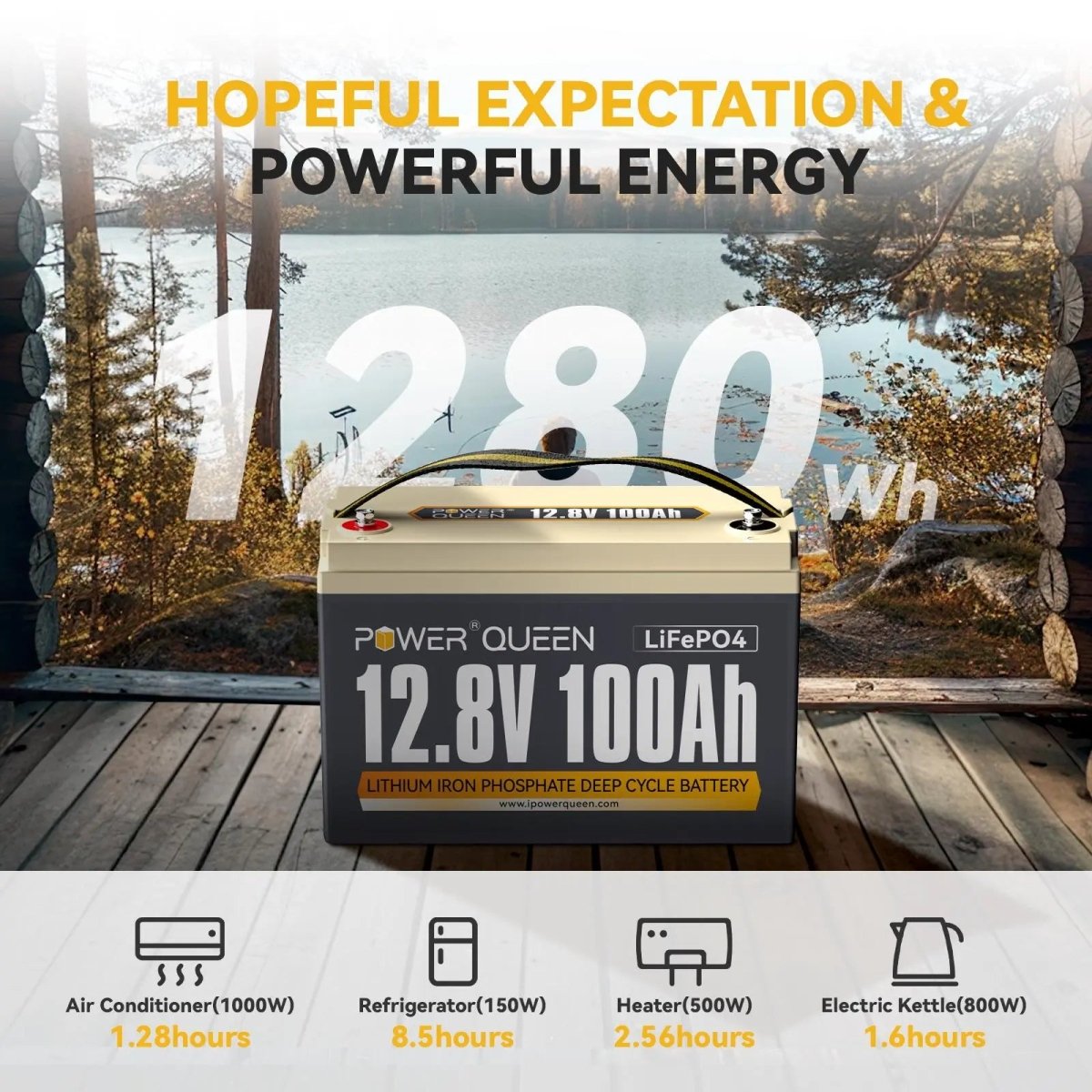|
|
|
Message Board >
The Best Lithium Batteries for Marine Applications
The Best Lithium Batteries for Marine Applications
Page:
1
Guest
Guest
Feb 14, 2025
8:21 AM

|
Lithium batteries are getting to be an essential part of modern technology, powering anything from smartphones and laptops to electric vehicles and electricity storage systems. Unlike traditional lead-acid or nickel-cadmium batteries, lithium batteries offer higher energy density, longer lifespan, and faster charging capabilities. This makes them preferred choice for several applications where efficiency and portability are key. The interest in lithium batteries has skyrocketed in recent times, primarily due to rapid development of electric vehicles (EVs), portable electronics, and power from the sun storage solutions. As technology advances, lithium battery performance continuously improve, causing them to a crucial element of not able to energy storage 24V Lithium ion Battery.

One of the largest benefits of lithium batteries is high energy density, meaning they could store more energy in a tight size in comparison with traditional battery types. This makes them ideal for small, lightweight devices such as smartphones, tablets, and wearable gadgets. Additionally, lithium batteries have got a low self-discharge rate, letting them retain power for extended periods without frequent recharging. Many of the great for applications including medical devices, backup power systems, and emergency lighting, where reliability is crucial. The automotive industry in addition embraced lithium battery technology, as EVs count on lithium-ion batteries to give you the necessary power for long-range, efficient performance. Furthermore, lithium batteries are employed in power from the sun storage systems, enabling homeowners and businesses to hold solar panel technology minimizing attachment to the grid.
Despite their several benefits, lithium batteries also include challenges and safety concerns. One major issue the chance of thermal runaway, a situation where battery overheats and can catch fire or explode a result of short circuit or overcharging. This is why battery management systems (BMS) are required to keep track of temperature, voltage, and charging cycles, ensuring safe operation. Additionally, the mining and extraction of lithium, cobalt, and various rare materials employed in battery production raise environmental and ethical concerns. This is a is taking care of sustainable alternatives and much better recycling approaches to minimize the impact of lithium battery disposal. Researchers will also be exploring solid-state lithium batteries, which promise improved safety and better energy capacity without potential risk of leaks or fires involving liquid electrolytes.
Not able to lithium batteries looks promising, with ongoing advancements aimed at driving them to better, longer-lasting, and environmentally friendly. Scientists are developing faster-charging lithium batteries which could reach full charge in barely minutes as an alternative to hours, that could revolutionize the EV industry. Additionally, solid-state lithium batteries are anticipated for being the newest breakthrough, offering greater energy storage capacity and enhanced safety compared to traditional lithium-ion batteries. Recycling initiatives will also be improving, with new processes being developed to get better valuable materials from used lithium batteries, reducing the need for raw material extraction. As interest on renewable power storage and electric transportation keeps growing, lithium battery technology can play a key role in shaping a sustainable and energy-efficient future.
|
Anonymous
Guest
Oct 29, 2025
6:02 PM

|
Great breakdown of marine battery options. The connection between lithium-based technologies and materials such as Lithium Tantalate Crystal (LiTaO3) shows how innovations in crystal chemistry continue to influence energy storage and power management.
|
Post a Message
www.milliescentedrocks.com
(Millie Hughes) cmbullcm@comcast.net 302 331-9232
(Gee Jones) geejones03@gmail.com 706 233-3495
Click this link to see the type of shirts from Polo's, Dry Fit, T-Shirts and more.... http://www.companycasuals.com/msr

|
|